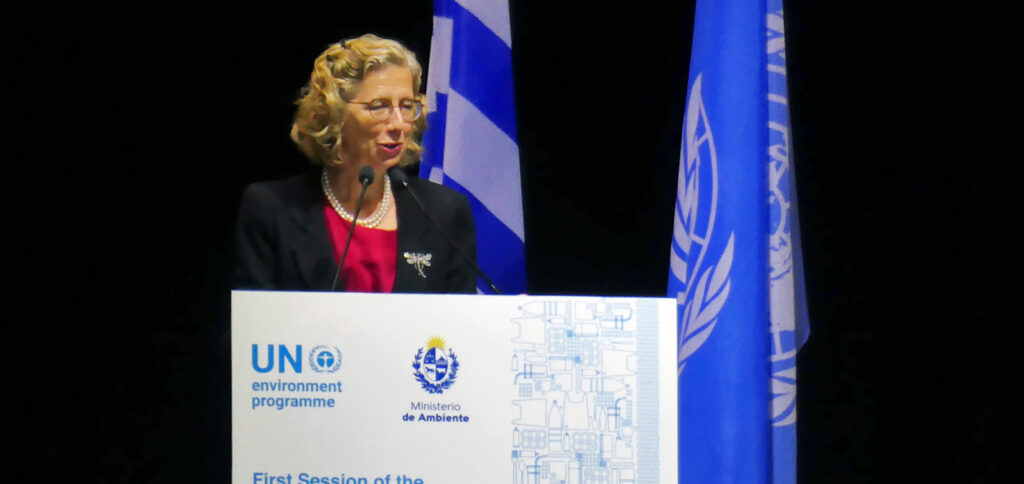This is just one of the challenges facing the UN Intergovernmental Negotiation Committee (INC), which met for the first time this Monday (28), in Punta del Este. The meeting of government officials intends to work on a global agreement that puts an end to plastic pollution.
ADVERTISING
“We know that the world is addicted to plastic. The world has created a plastic crisis,” said United Nations Deputy Secretary-General and Executive Director of the United Nations Environment Program (UNEP), Inger Andersen, at a press conference.
“And plastics have harmful effects on health, they leave a large footprint… But this is not a war against plastic in itself, it is a war against plastic in the environment”, he explained.
The INC was created after the United Nations Environment Assembly (ANUE), the highest international body in this matter, held last March in Nairobi, as part of a “historic” negotiation to reach the first global agreement against plastic pollution.
ADVERTISING
The committee's objective is to produce a legally binding text by 2024. Its creation constitutes the biggest environmental advance since the Paris Climate Agreement to combat climate change. global warming, signed in 2015.
For five days, the Uruguayan resort will receive representatives from more than 190 States who work together to find solutions to reduce plastic waste dumped into the environment and which threaten the biodiversity the planet.
Plastics represent at least 85% of marine litter, according to the UN. Every minute, the equivalent of a garbage truck of plastic is thrown into the oceans. If nothing is done about it, by 2040, it is projected that each year, the equivalent of 50 kilograms of plastic will reach the ocean for every meter of coastline around the world.
ADVERTISING
(To AFP)
Read also






